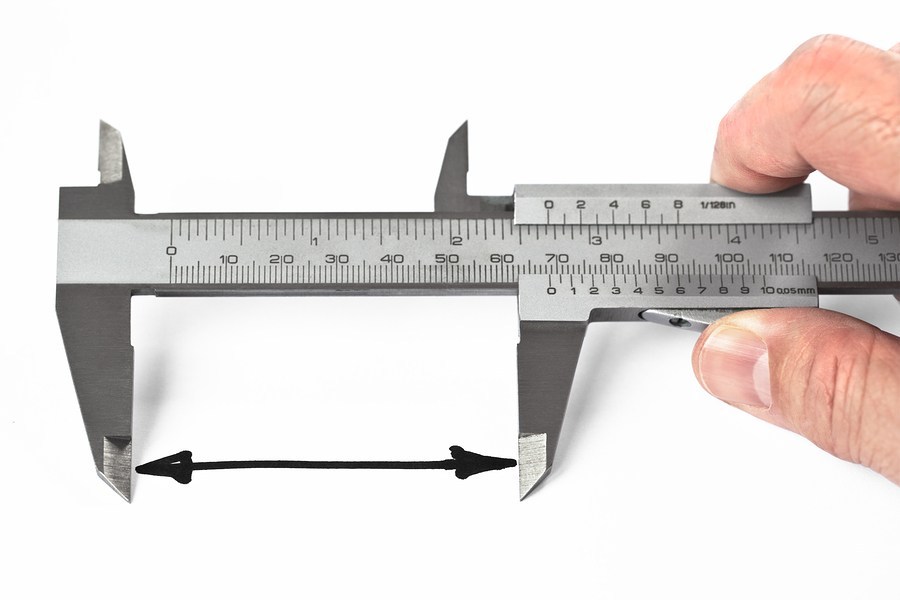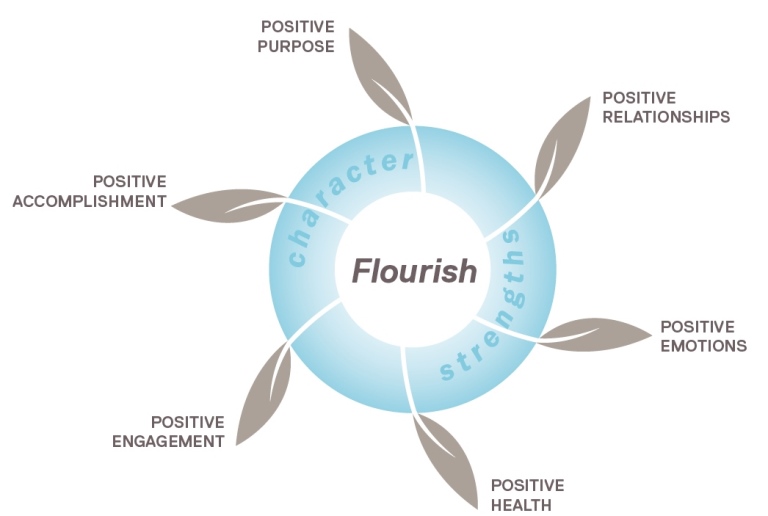
1.生活满意度量表Satisfaction With Life Scale (SWLS)
http://labs.psychology.illinois.edu/~ediener/SWLS.html
The SWLS is a short 5-item instrument designed to measure global cognitive judgments of satisfaction with one's life. The scale usually requires only about one minute of a respondent's time.
In order to better understand the scores of the SWLS, please read the document below.
Understanding the SWLS scores (.pdf)
If you would like to use SWLS on a 5-point scale, please refer to the following paper for norms.
Kobau, R., Sniezek, J., Zack, M. M., Lucas, R. E., & Burns, A. (2010). Well‐being assessment: An evaluation of well‐being scales for public health and population estimates of well‐being among US adults. Applied Psychology: Health and Well-being, 2(3), 272-297. doi:http://dx.doi.org/10.1111/j.1758-0854.2010.01035.x
生活满意度量表(青少年版)Satisfaction With Life Scale for Children (SWLS-C)
http://labs.psychology.illinois.edu/~ediener/ScalesforChildren.html
Important Papers on the SWLS-C:
Gadermann, A. M., Guhn, M., & Zumbo, B. D. (2011). Investigating the substantive aspect of constru the Satisfaction with Life Scale adapted for children. Social Indicators Research, 96, 229-247.
2.积极-消极情感量表
Scale of Positive and Negative Experience (SPANE)
Permission to Use
The scale is copyrighted but you are free to use it without permission or charge by all professionals (researchers and practitioners) as long as you give credit to the authors of the scale:
Diener, E., Wirtz, D., Tov, W., Kim-Prieto, C., Choi. D., Oishi, S., & Biswas-Diener, R. (2009). New measures of well-being: Flourishing and positive and negative feelings. Social Indicators Research, 39, 247-266.
About SPANE
The SPANE is a 12-item questionnaire includes six items to assess positive feelings and six items to assess negative feelings. For both the positive and negative items, three of the items are general (e.g., positive, negative) and three per subscale are more specific (e.g., joyful, sad).
3.FS量表
Flourishing Scale (FS)
http://labs.psychology.illinois.edu/~ediener/FS.html

Permission to Use
The scale is copyrighted but you are free to use it without permission or charge by all professionals (researchers and practitioners) as long as you give credit to the authors of the scale:
Diener, E., Wirtz, D., Tov, W., Kim-Prieto, C., Choi, D., Oishi, S., & Biswas-Diener, R. (2009). New measures of well-being: Flourishing and positive and negative feelings. Social Indicators Research, 39, 247-266.
About FS
The Flourishing Scale is a brief 8-item summary measure of the respondent's self-perceived success in important areas such as relationships, self-esteem, purpose, and optimism. The scale provides a single psychological well-being score.
Important Papers on the FS:
If you would like to know more about FS and its related research, please read the following papers, whose references are below. These papers can be found on the reprint page (at UIUC).
Diener, E., Wirtz, D., Tov, W., Kim-Prieto, C., Choi, D., Oishi, S., & Biswas-Diener, R. (2010). New measures of well-being: Flourishing and positive and negative feelings. Social Indicators Research, 39, 247-266.
Esch T, Jose G, Gimpel C, Scheidt CV, Michalsen A. Die Flourishing Scale (FS) von Diener et al. liegt jetzt in einer autorisierten deutschen Fassung (FS-D) vor: Einsatz bei einer mind-body-medizinischen Fragestellung. Forsch Komplementmed 2013; in press. doi: 10.1159/000354414
4. 宾州大学积极心理学中心提供的问卷和量表
QUESTIONNAIRES FOR RESEARCHERS
This section has information about some questionnaires that might be useful for researchers. Some of the questionnaires can be downloaded from this site. This list is not intended to be an endorsement of the questionnaires. If you would like to recommend a questionnaire for this Web page, e-mail Peter Schulman.
Click on the following questionnaires to learn more:
Attributional Style Questionnaire
Curiosity and Exploration Inventory
Mindful Attention Awareness Scale
Older Adults' Attributional Style Questionnaire
Personal Growth Initiative Scale
Psychological Well-Being Scales
State-Trait-Cheerfulness Inventory
Transgression-Related Interpersonal Motivations Inventory
VIA Survey of Character Strengths
5.MEASURING THE WELL-BEING OF NATIONS
This page has information on initiatives, reports, and articles on measuring the well-being of nations. Why measure the well-being of nations?
Countries have relied largely on economic measures such as Gross Domestic Product (GDP) as an indicator of national progress. There is growing awareness, however, that economic measures alone do not fully reflect a nation’s progress and well-being. Multi-dimensional measures of well-being can supplement economic indicators to more accurately represent how a nation is doing and to better inform public policy.
Public policy follows from what we measure. If a society focuses largely on measuring economic output, people are likely to focus more attention and energy on economic output, sometimes to the detriment of other values. If a society measures well-being, people will focus more of their attention on well-being. We measure what we value, and we value what we measure. Click here to learn more on this perspective.
Article: “Beyond Money” on the rationale for measuring national well-being
Article: “Using Well Being for Public Policy” on national well-being surveys
Better Life Index from the Organization for Economic Cooperation and Development (OECD)
OECD Report: “Beyond GDP: Measuring What Counts for Economic and Social Performance”
Bhutan’s Gross National Happiness Index:
Article: “GDP is Not a Good Measure of Wellbeing – it’s too Materialistic”
Article: “Mis-measuring Our Lives: Why GDP Doesn’t Add Up”
Article: “Beyond GDP: U.S. States Have Adopted Genuine Progress Indicators”
Article: "Iceland Puts Well-Being Ahead of GDP in Budget
